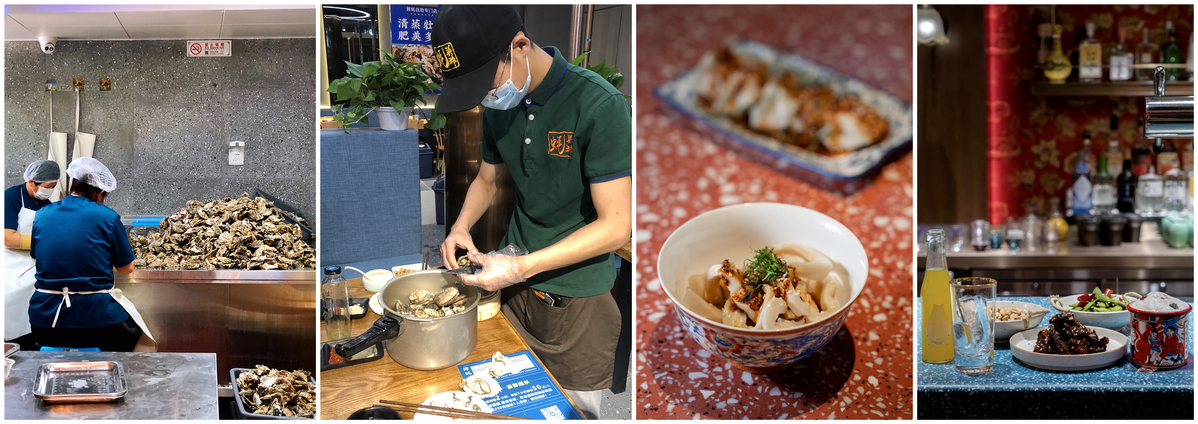New restaurants start to set up shop


Pandemic brings fresh challenges, opportunities
Chef Yu Lei and his wife took a 14-day course to learn how to make reganmian, or hot dry noodles.
After passing a strict exam on creating the dish-a favorite in Wuhan, capital of Hubei province-the couple opened a restaurant in Yunmeng county, a two-hour drive from the city.
Each morning, they arrive at 5 am and prepare to serve the noodles before 6 am. Income from the breakfast dish comprises 70 percent of their daily revenue.
The 50-square-meter restaurant is the latest branch of the Cai Hanwen Reganmian chain founded by 28-year-old Cai Dasen in 2016. Cai's great-grandfather claimed to have created Wuhan reganmian.
Cai Dasen has used the name of his grandfather, Cai Hanwen, to open about two dozen reganmian restaurants in Wuhan and 10 elsewhere in Hubei.
Business at the outlets in Wuhan is slowly recovering, while some remain closed as migrant workers-one of the main customer groups-have not yet returned to the city in the same numbers as before the COVID-19 pandemic, Cai Dasen said.
"Our business in cities around Wuhan is returning to normal more quickly," he said.
At Yu's new branch, business is looking good, perhaps because of the promotional work carried out for the opening, and the couple is considering opening another branch later this year.
The catering sector is gradually recovering from disruption caused by the pandemic. According to the National Bureau of Statistics, the industry's income last month reached 301.3 billion yuan (about $42.6 billion), a 70.7 billion yuan rise from April, but still down by nearly 19 percent year-on-year.
Some restaurants have failed to survive the pandemic, but new ones have opened in their place, bringing variety and vitality to the industry.
From Chinese to Western cuisine, and from chains to Michelin-starred eateries, the new businesses demonstrate restaurateurs' ambition and confidence.
Cai Dasen said his main aim is to open more branches in cities around Wuhan this year.
"Competition among reganmian restaurants is intense-there are hundreds of them selling the noodles in Wuhan. At the same time, rental and labor costs are much higher in Wuhan than in neighboring cities," he said.
"For example, it costs as much as 10,000 yuan to 15,000 yuan per month to rent a 50-square-meter space in Wuhan, while in Yunmeng, it costs just 30,000 yuan for a whole year."
Cai Dasen is confident about the catering industry in Wuhan, as he considers eating out a daily necessity. He plans to open a 900-square-meter restaurant in the city this year to serve dishes other than reganmian.
Many new restaurants were planning to open after Spring Festival, but the sudden emergence of the pandemic delayed construction and recruitment of staff members.























